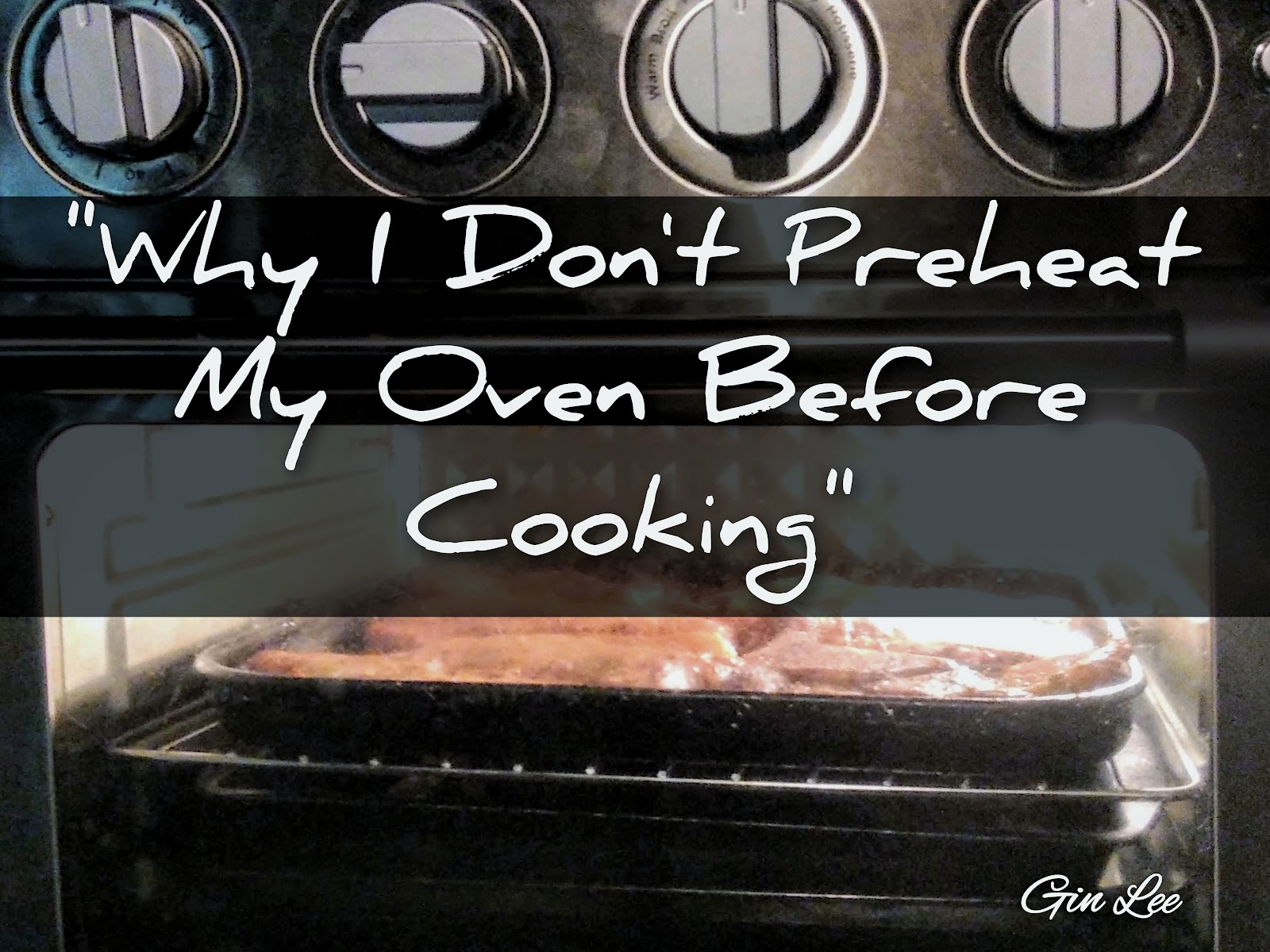 "Why I Don't Preheat My Oven Before Cooking"
"Why I Don't Preheat My Oven Before Cooking"
In this article, I aim to shed light on my unconventional approach to cooking by explaining the reasons behind why I choose not to preheat my oven. While this may seem like a peculiar practice to some, I assure you that there are valid reasons behind it that I will explore in the following sections.
Safety Considerations: Addressing concerns about food safety and doneness
Ensuring proper internal temperature: Using a food thermometer
One of the common concerns when it comes to skipping preheating is whether the food will cook evenly and reach a safe internal temperature. However, I have found that using a food thermometer effectively eliminates this concern. By inserting a thermometer in the thickest part of the dish, I can ensure that it reaches the recommended temperature for doneness. This method not only guarantees food safety but also prevents overcooking.
Adhering to recommended cooking times for specific foods
Another misconception is that preheating is necessary to follow cooking times accurately. However, most recipes provide specific cooking times that consider preheating the oven. By adjusting the cooking time accordingly, based on personal experience and recipe guidelines, I've been able to achieve perfectly cooked dishes without the need for preheating.
Cost-Effectiveness: The Economic Advantages of Not Preheating
Reduced energy bills: calculating the savings
One of the practical benefits of skipping preheating is the reduction in energy consumption. By eliminating the preheating process, I've noticed a significant decrease in my energy bills. Considering that preheating can take up to 20 minutes or more, removing this step can result in substantial savings over time. Every penny saved is a win, especially when it comes to our monthly expenses.
Optimizing kitchen efficiency: multi-tasking and maximizing oven usage
Not preheating the oven also allows me to make the most of my kitchen efficiency. Since the oven is not occupied during the preheating phase, I can use that time to prepare other components of the dish or even cook something else simultaneously. This multitasking approach saves time and maximizes oven usage, making my cooking process more efficient and convenient.
Environmental Impact: Exploring the ecological benefits of skipping preheating
Reducing carbon footprint: decreasing energy consumption
Apart from cost savings, not preheating the oven also has positive environmental implications. With each preheating cycle, energy is consumed unnecessarily, contributing to carbon emissions. By consciously avoiding preheating, I am reducing my carbon footprint and doing my part to conserve energy and protect the environment. Every small change in our daily routines can add up to make a significant difference.
Promoting sustainable cooking practices: encouraging eco-friendly alternatives
In an era where environmental consciousness is crucial, adopting eco-friendly cooking practices becomes essential. Skipping preheating is one such practice that promotes sustainability and encourages others to explore alternative methods that reduce energy usage in the kitchen. By raising awareness about these practices, we can collectively contribute to a greener and more sustainable future.
In conclusion, my decision to forego preheating the oven before cooking has been a game-changer in my culinary journey. By challenging conventional wisdom and embracing alternative methods, I have been able to save time, reduce energy consumption, and still achieve delicious and satisfying meals. While preheating may have its merits in certain situations, it is worth considering the potential benefits of skipping this step. Ultimately, it is up to each individual cook to experiment, adapt, and find what works best for their own cooking style. So, the next time you reach for that oven knob, take a moment to consider whether preheating is truly necessary and dare to explore a new approach that may revolutionize your cooking experience.
Frequently Asked Questions
1. Is it safe to skip preheating the oven?
Yes, it can be safe to skip preheating the oven as long as proper cooking times and temperatures are followed. It is crucial to ensure that the internal temperature of the food reaches the recommended level for safety. Using a food thermometer is highly recommended to verify doneness.
2. Won't skipping preheating affect the taste and texture of the dishes?
Skipping preheating can indeed have an impact on the taste and texture of certain dishes. However, by employing alternative cooking techniques and making appropriate recipe adjustments, it is possible to achieve comparable results. Experimenting with different methods and closely monitoring the cooking process will help maintain the desired flavor and texture.
3. How much energy can be saved by not preheating the oven?
The amount of energy saved by skipping preheating will vary depending on the specific oven and cooking duration. However, studies have shown that preheating can account for 20% to 30% of the overall energy consumption during the cooking process. By eliminating this step, significant energy savings can be achieved over time, reducing both household expenses and environmental impacts.
4. Are there any foods that absolutely require preheating?
While most recipes recommend preheating the oven, there are a few exceptions. Baked goods that require precise temperature control, such as delicate pastries or items with specific rising requirements, may benefit from preheating. Additionally, some professional chefs argue that preheating is necessary for certain cuts of meat to achieve the desired sear and caramelization. However, it is still worth experimenting with alternative cooking techniques to achieve similar results without preheating.